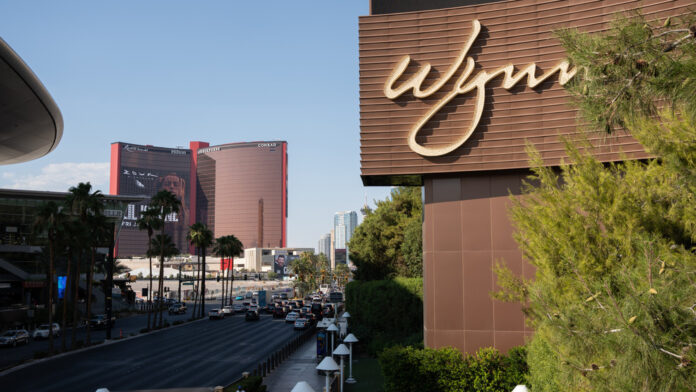Wynn Las Vegas Settles for $5.5 Million Over Anti-Money Laundering Violations
In a significant development in the world of gaming and financial regulations, Wynn Las Vegas has agreed to a $5.5 million settlement with Nevada’s gaming regulators. This agreement follows allegations of serious violations related to anti-money laundering (AML) provisions, as highlighted in a complaint filed with the Nevada Gaming Control Board.
Background of the Allegations
The recent settlement stems from a thorough investigation by the Nevada regulators, which uncovered multiple failures in Wynn’s compliance with its anti-money laundering program. The complaint details how Wynn allowed the operation of third-party money transmitting businesses, improper cash payments, and proxy betting. These practices raise substantial concerns, not only regarding the integrity of the casino but also about the wider implications for the gaming industry.
Specific Violations Identified
According to the findings of the gaming regulators, Wynn Las Vegas failed to create adequate reporting mechanisms for financial transactions—an essential requirement under federal anti-money laundering laws. The resort’s shortcomings particularly involved allowing "human head" proxy betting. This practice, in which one individual buys chips and plays for another who prefers to remain anonymous, poses risks as it complicates accountability in the gaming environment.
Additionally, the term "flying money" was mentioned in the complaint. It refers to situations where a money processor assists international visitors unable to access cash in the U.S. This indicates a potential loophole in the casino’s AML compliance, as it raises questions about the origins of the funds being wagered.
Previous Agreements and Federal Investigation
This recent settlement isn’t the first time Wynn Las Vegas has faced scrutiny over its practices. Notably, the casino reached an immunity agreement with federal prosecutors in September of the previous year. Under this agreement, Wynn acknowledged that its gaming clientele often included international visitors who utilized third parties for gambling transactions. This admission poses serious questions about the casino’s due diligence concerning its customers’ financial activities.
A Pattern of Settlements in Las Vegas
Wynn’s $5.5 million settlement is not an isolated incident but part of a broader trend among Las Vegas casino operators. Just this year, other major establishments have also reached multi-million-dollar settlements over similar compliance issues. For instance, Resorts World Las Vegas settled a complaint in March for a staggering $10.5 million. Following that, MGM Resorts agreed to pay $8.5 million to resolve a separate complaint in April. These occurrences highlight the increasing pressure on gaming establishments to adhere to strict AML regulations.
Implications for the Gaming Industry
The ongoing scrutiny of casinos and their compliance initiatives raises important questions for the gaming industry at large. As regulators become more vigilant in monitoring anti-money laundering practices, casinos may need to invest significantly in more robust compliance programs to prevent similar violations. The trend towards higher fines and settlements also signals to the industry that non-compliance can have severe financial consequences.
As Wynn Las Vegas navigates this settlement, the gaming community will be watching closely to see how it adjusts its practices in response to regulatory demands. The outcome could serve as a crucial lesson for other operators as they work to maintain compliance in an ever-evolving regulatory landscape.
